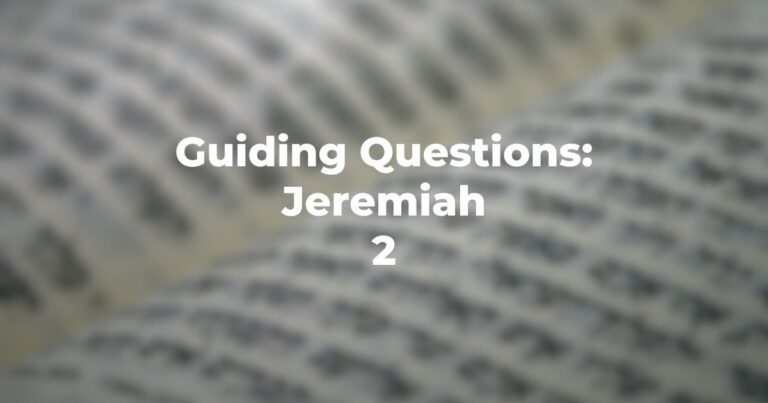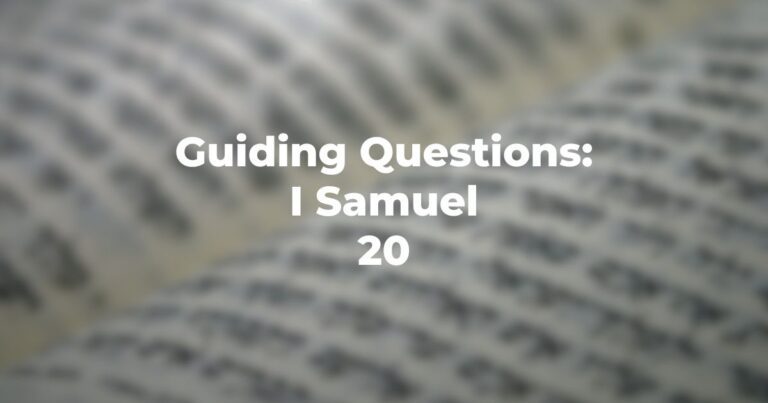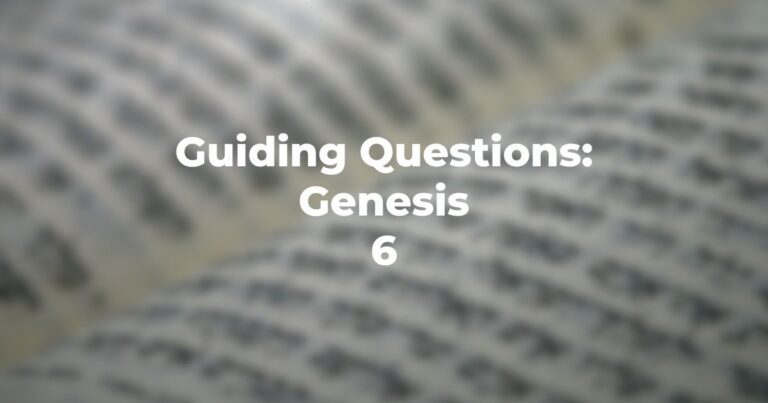- Where the Servant is concerned, Isaiah 53:3 would imply an individual and not a group? Is this Cyrus? Is it the prophet? Is it another?
- And in Isaiah 53:4, whose illnesses and whose pains did the Servant carry? Is this appreciated by the “people”?
- Isaiah 53:6 indicates that the people had transgressed and that their transgression was the responsibility of the Servant. Is that a correct translation?
- Does Isaiah 53 give any indication of who the Servant is in the individuated capacity as described?
- What tense is employed throughout this passage — the future or the past?
- Could the passage refer to someone in the “distant past”? To Moses? To some other historical figure?
- Does the passage, at any point, make reference to an “anointed”? To a super-natural personality? To one who is in any way “of the family of God”?
Author
-

Exploring Judaism is the digital home for Conservative/Masorti Judaism, embracing the beauty and complexity of Judaism, and our personal search for meaning, learning, and connecting. Our goal is to create content based on three core framing: Meaning-Making (Why?), Practical Living (How?), and Explainers (What?).
View all posts




